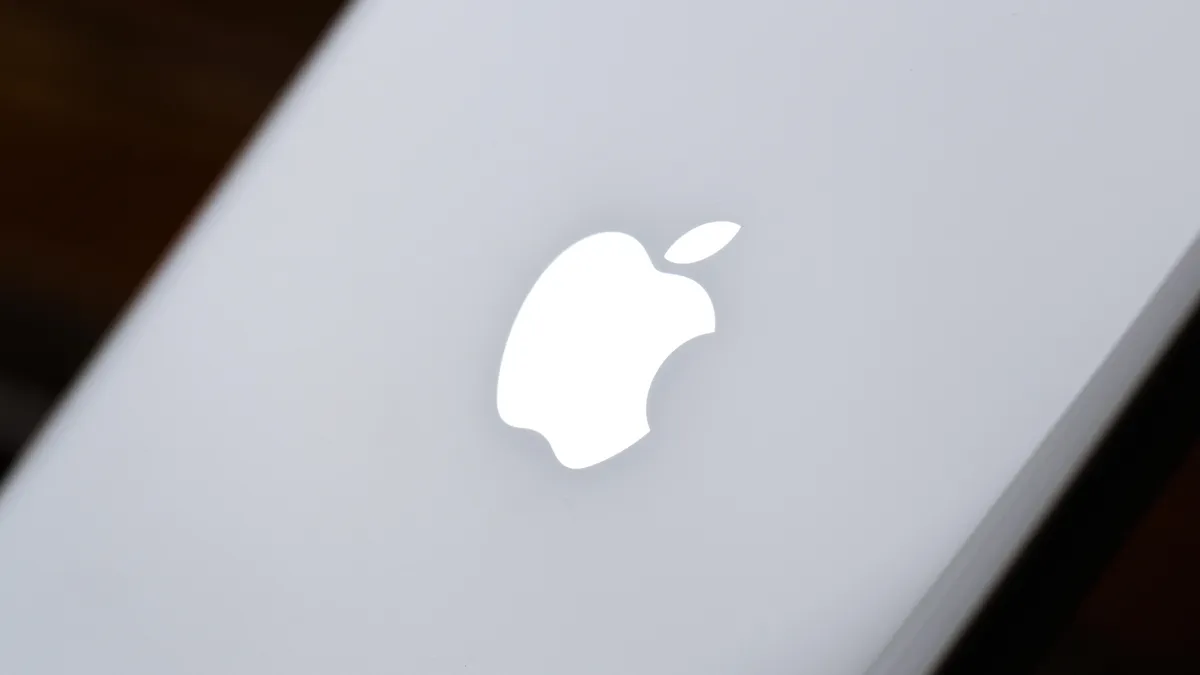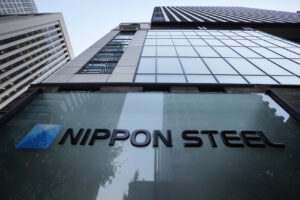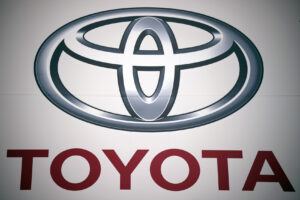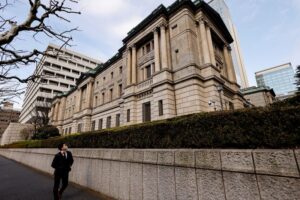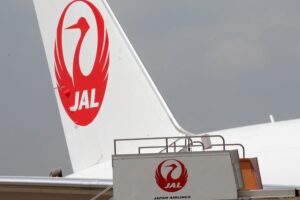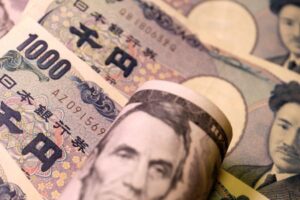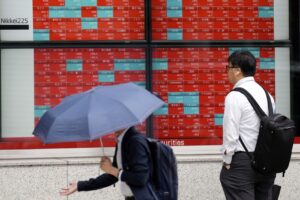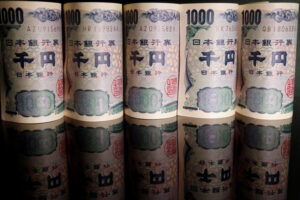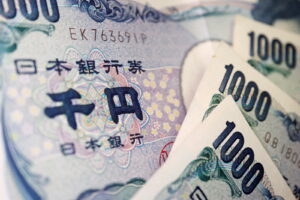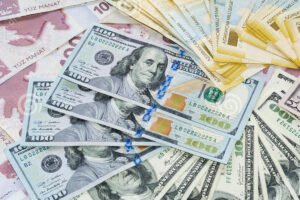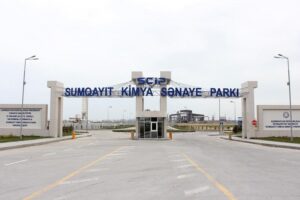Tokyo, 28 December, /AJMEDIA/
Apple Inc’s Japan branch was slapped with 14 billion yen in additional taxes after authorities found bulk sales of iPhones and other items to foreign visitors were incorrectly exempted from consumption tax, a source close to the matter said Tuesday.
The Tokyo Regional Taxation Bureau found Apple Japan’s approximately 140 billion yen tax-exempt sales over two years through September 2021 were the result of fraudulent duty-free purchases to be resold for commercial purposes, the source said.
Tax-free shopping is only allowed for foreign visitors who buy souvenirs or daily goods within six months of entering Japan and take them abroad. Although products are subject to taxation if purchased to resell, it is up to the stores to determine the nature of purchases.
The taxation bureau, which started its investigation last year, found multiple unusual transactions, including a tourist buying several hundred devices at an Apple store, according to the source.
The 14 billion yen, which covers additional tax on underreported sales, is believed to be the highest additional consumption tax charged on record for tax-free sales.
Certain goods like iPhones are said to be cheaper in Japan than abroad. The tax bureau suspects vendors are seeking to take advantage of the country’s duty-free system by soliciting visitors to Japan to purchase the products and then sell them overseas, turning a profit by bypassing consumption tax.
In June, the bureau issued administrative guidance to department stores to demand products be sold properly after cases of bulk buying of cosmetics and other items at major department stores for reselling came to light.
Among such cases, a group of seven Chinese nationals, who used tourist and other visas to visit Japan from 2020, were charged by the Osaka Regional Taxation Bureau with a penalty of around 760 million yen, the equivalent of the consumption tax on their purchases of 7.7 billion yen worth of luxury brand goods. It was determined the merchandise, which included watches and handbags, was intended for resale.
Although tax exemption procedures were digitalized in April 2020 and passport information and purchase records of customers of duty-free items are sent to the National Tax Agency and shared with customs, it has become a burden for stores to assess whether their purchases fulfill the requirements.
To alleviate such a burden, the government will limit those who can take advantage of duty-free purchases to visitors with short-term visas, as well as diplomatic and official visas, from April 2023.

